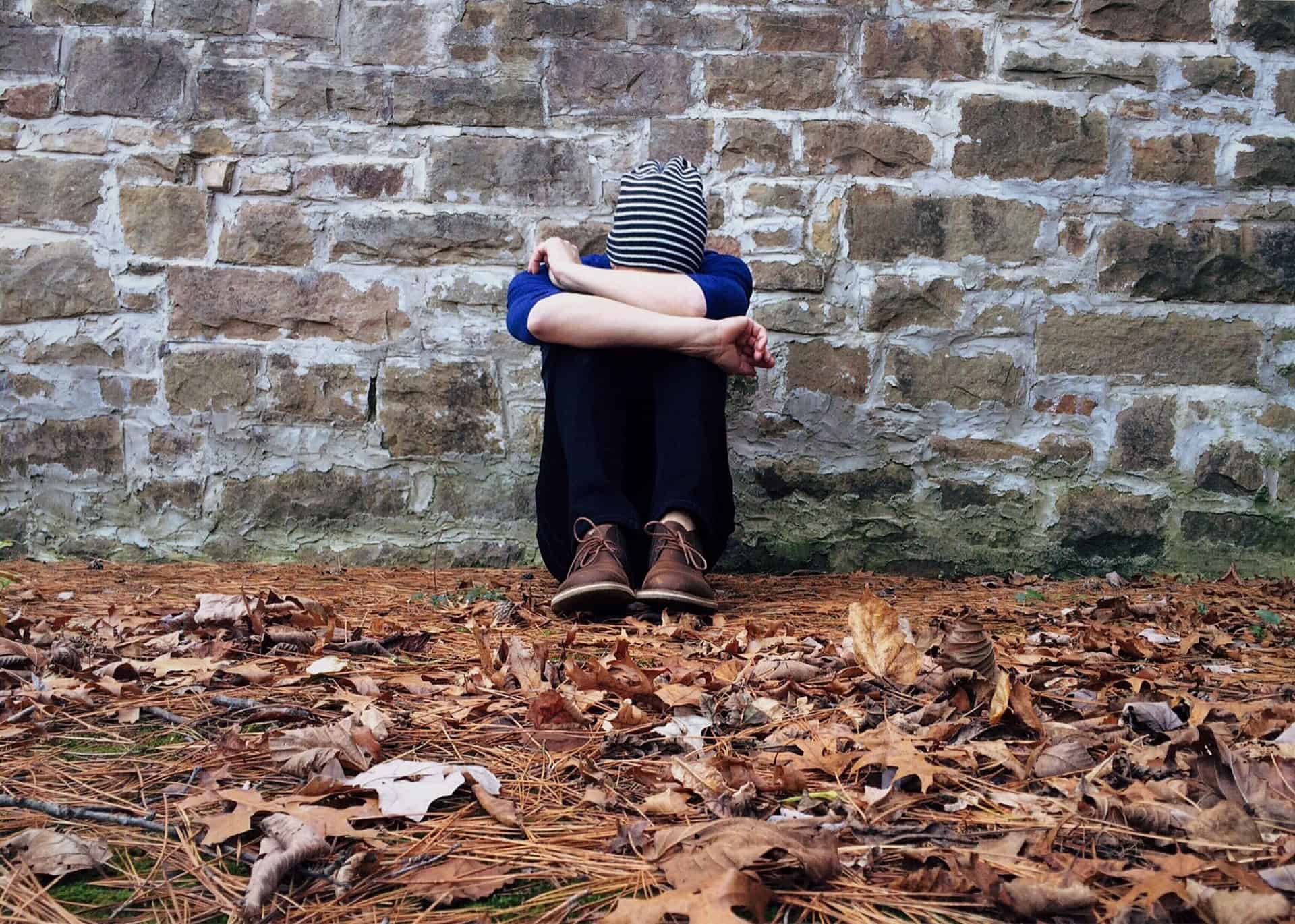Art of Living Faculty
26 Aug 2019
One of the most searched phrases on Google about anxiety is this: is anxiety treatable? And similarly, one of the top searches related to depression is can depression be cured?
If you’re struggling with depression or anxiety, these questions are incredibly important. It can feel like there’s no hope. Unfortunately, there is no single reliable cure for the mental health conditions that fall within these brackets; they are so complex and individual that they must be treated case-by-case.
But there is hope. With the right treatment and consideration of both the symptoms and causes that have led you to this point, it is very possible to create a strategy which allows you to find balance and manage your mental health.
Some people do become free from depression and anxiety for the rest of their lives, while others continue to experience ebbs and flows but learn how to ride the waves with more steadiness.
You can take control and feel well again.
When determining whether these mental illnesses can be cured, it’s vital to remember that depression and anxiety are in fact umbrella terms for the wide range of conditions that fall beneath them. Different forms of depression include major depressive disorder; bipolar disorder; persistent depressive disorder; seasonal affective disorder, psychotic depression; postpartum depression; premenstrual dysphoric disorder. Types of anxiety include generalized anxiety disorder; panic disorder; social anxiety disorder; and specific phobias.
Each type of depression or anxiety must be treated according to its particular symptoms. And beyond that, each individual person struggling with any of these disorders must be treated according to their unique personality, life experiences, personal circumstances (for example, their living situation, social support network or lack of, level of understanding of their illness, etc.) and—when known—genetic factors. When you think of it that way, it’s unsurprising that there’s no fix-all cure for these conditions.
Here, we look at how the treatment of depression and anxiety is approached from two perspectives: mainstream medicine, and Ayurveda—an ancient Indian system of holistic medicine.
The Clinical View
There are two approaches to the treatment of depression and anxiety within Western medicine. The first is a pharmacological approach, using medication to manage or eliminate symptoms of the disorder. The second is a psychological approach, which often involves talking therapy, support groups and/or self-help techniques.
These two approaches are often combined within a treatment plan—so a patient might be prescribed an antidepressant or anti-anxiety medicine, and referred for therapy.
Of course, patients who go to their doctor with symptoms of depression or anxiety disorders are free to accept or reject the treatments that are suggested. Some people decide to opt for a completely self-help led approach, and unless the patient is clearly a danger to themselves or others, a good doctor should support this and offer suggestions and contacts to help them.
Depression and anxiety are not currently considered curable illnesses within conventional medicine. But they are highly treatable—the American Psychiatric Association notes that “between 80 percent and 90 percent of people with depression eventually respond well to treatment.” Most people with anxiety respond well to psychotherapy or cognitive behavioral therapy, either alone or alongside medication.
Studies of clinical approaches to treatment have uncovered a number of interesting results, which point to the possibility that a more whole-person perspective on mental health disorders could be valuable.
For example:
- A review of a huge number of studies published in the Asylum Journal found that when it comes to medication, there is a very strong placebo effect. During clinical trials, most people do just as well on a placebo drug than on the real thing—on average, those on genuine medicine experience a 48% reduction in symptoms, while those on a placebo still experience a 40% reduction. This suggests that the psychological effect of taking medication could be more important than we think, so the medicine itself may not always be necessary.
- A comparison of cognitive behavioral therapy (CBT) and medication showed that CBT was just as effective as medication for the treatment of depression, even in severe cases.
- A clinical trial in 2010 found that diet plays an important role in improving mental health. Participant results showed that increasing intake of vegetables, whole grains, legumes, lean proteins and healthy fats, as well as decreasing dietary sugar and caffeine, reduces the symptoms of depression.
- A review of the success of medication-based treatment found that there is a high risk for relapse after stopping medication. The drugs are effective for dampening or eliminating symptoms while the patient is actively taking them, but symptoms reappear afterwards.
- A review of clinical psychology studies showed Mindfulness-Based Cognitive Therapy (MBCT) reduces the chance of a relapse after treatment by 34%. Again, this suggests that taking a broader view and addressing the patient’s patterns of thought and emotion leads to a better chance of staying well.
- All of these studies highlight a core problem with the clinical approach to mental health. Although CBT, psychodynamic therapy, and other talking therapies do go deeper, mainstream medicine for the most part focuses on isolated symptoms.
When a person becomes free from their symptoms, treatment is considered successful—but that often means the person is taking medication over an extended period of time. It is, of course, completely understandable when health professionals are quick to prescribe antidepressants and anti-anxiety medicines. They often don’t have the time, resources, or specific expertise to consider other ways of working with patients.
But mental health treatment plans often do not take into account the complexity of factors involved in each person’s condition. Mainstream medicine doesn’t—on the whole—treat environmental factors, or consider the ways in which people change with the seasons of the environment; with hormonal cycles (both women and men go through cyclical changes in hormones, although female cycles are usually more evident); with the food they put into their bodies; and myriad other elements that influence how a person feels physically, mentally, and emotionally.











